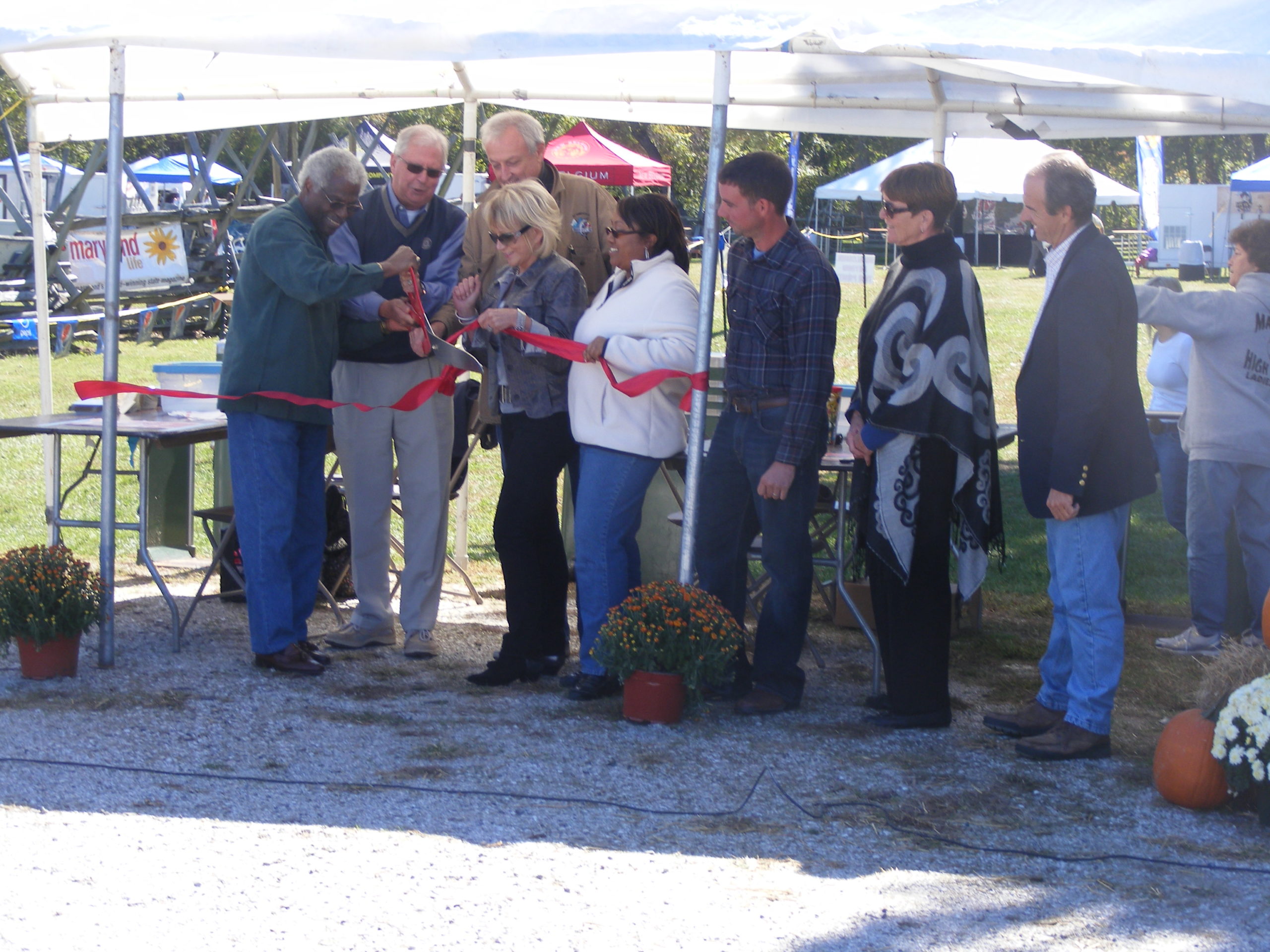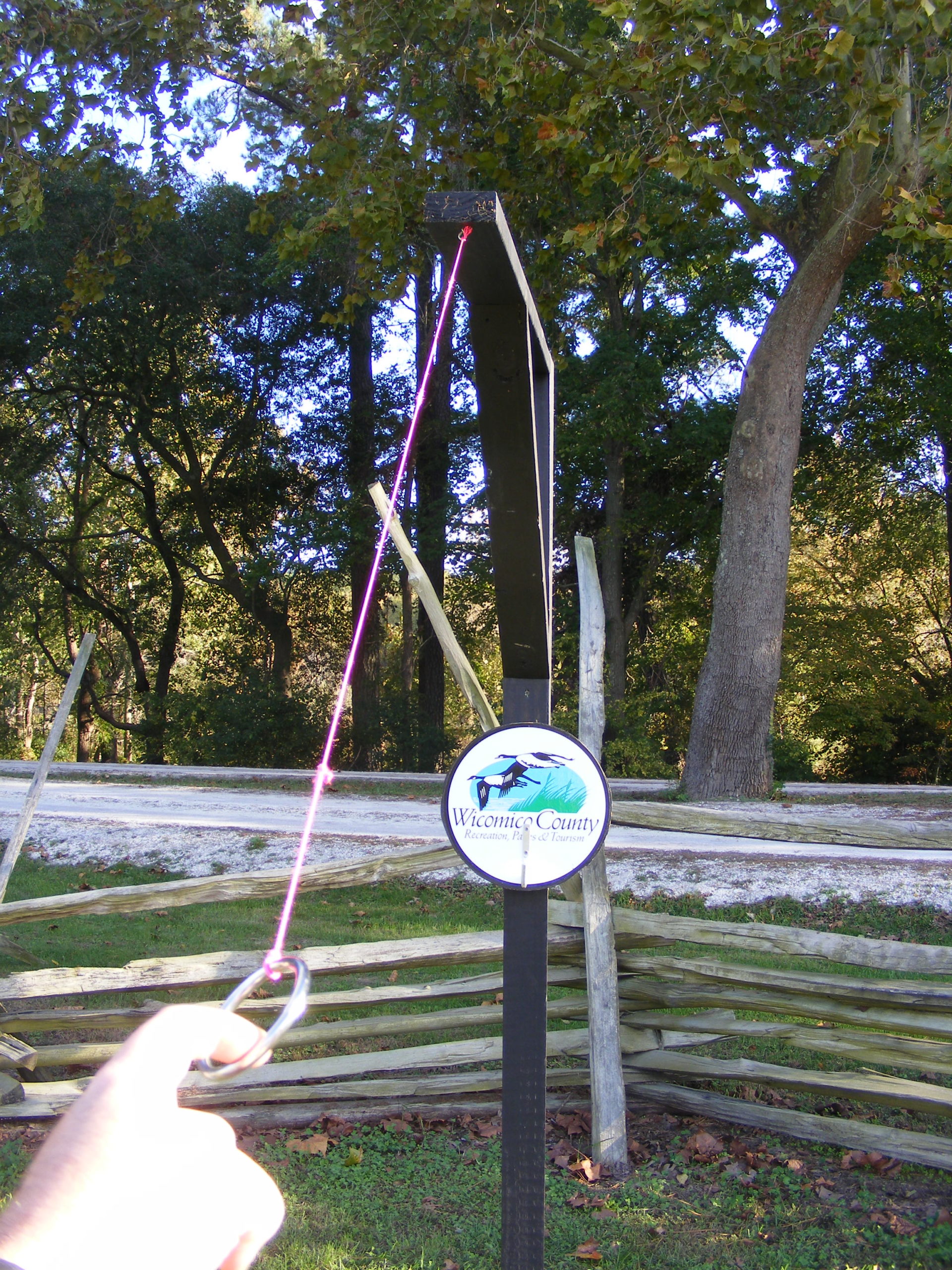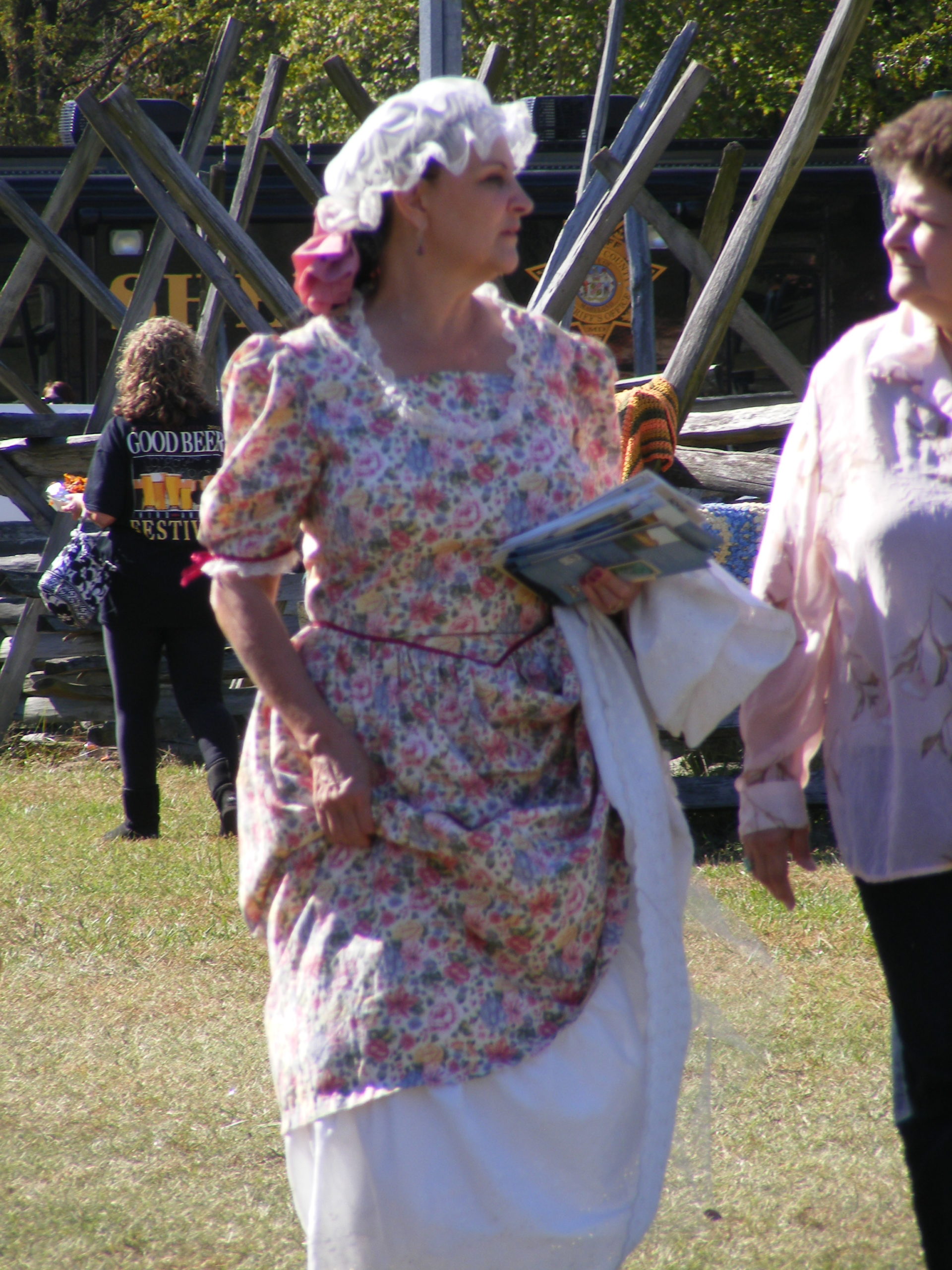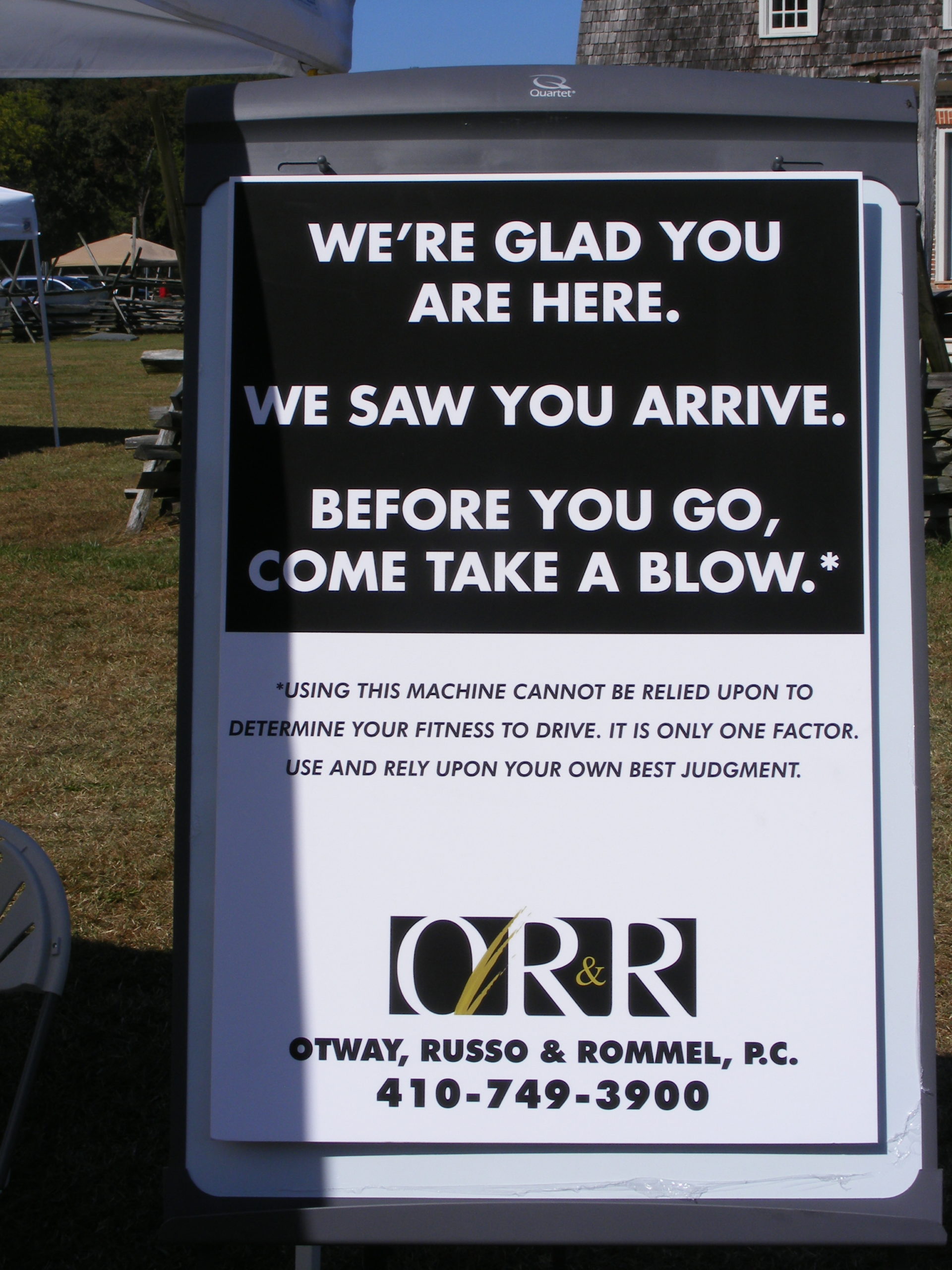I covered some of the events from this year last night, but as we enter 2014 some interesting political campaigns and battles are taking shape.
The largest question for 2014 will obviously be who gets the keys for the next four years as County Executive, with the sidebar being whether he, along with County Council and some other leadership, will be paid more. I suspect the latter measure will be voted in with a close vote, as the County Council seems to have its Republicans divided into two groups of three, one being much less fiscally conservative than the other and carrying a 4-3 vote when they side with the lone Democrat.
As for that County Executive race, Republican County Council at-large member Bob Culver announced earlier this month that he would seek the office for a second time, with current County Executive Rick Pollitt planning to file for a third term next month. Pollitt is the only chief executive the county has known, winning the position in 2006 over Republican Ron Alessi and narrowly escaping a challenge from first-time officeseeker Joe Ollinger in 2010. Culver has a history in running for County Executive, though; finishing a distant third in the three-way GOP primary race in 2006 with 23% of the vote. And while he managed to win an at-large County Council seat in 2010, he was second overall to political neophyte Matt Holloway.
Whoever wins the County Executive race, he will be dealing with a radically revised County Council. Much like the 2006 election, which marked the end of a commission style of government with the Council serving as leadership, the 2014 balloting will result in large turnover. That 2006 campaign featured none of the four incumbent Democrats, all of whom decided not to seek another term as legislators rather than commissioners, while one of the three Republicans lost in the primary. Eight years later, while Matt Holloway has filed for another term at large, Culver will seek the County Executive position and leave the other at-large seat to another. Republican Muir Boda is thus far the only other one to file.
The districts will be where the real change occurs, though. Not only were some of the battle lines radically redrawn by redistricting, but only District 5 Council member Joe Holloway is truly seeking re-election, since District 4’s John Hall will be running for the first time for the seat he holds. Hall was appointed in 2011 to finish the term of the late Bob Caldwell, who died in office after winning the closest county election in recent memory. Caldwell unseated incumbent Democrat David MacLeod by two votes out of 4,072 cast.
Yet three district Council members will not be seeking another term – the body’s lone Democrat, Sheree Sample-Hughes of District 1 is seeking a seat in the House of Delegates, while Stevie Prettyman in District 2 and Gail Bartkovich of District 3 opted not to stand for re-election after lengthy tenures. They were the lone holdovers in the aforementioned 2006 election, and it’s possible 2014 will be similar. Two Democrats, Ernest Davis and McKinley Hayward, have already filed in District 1; meanwhile, the District 2 seat has attracted Republican Marc Kilmer.
For the most part, other county offices will hold their status quo as most incumbents have already filed for re-election. The only turnover will be in the Orphan’s Court, where two of the three current members had previously indicated their current term would be their last. Republican Grover Cantwell has already filed, but will likely be joined by a host of others from both parties – raising the prospect of contested primaries on both sides.
And while many of these officers will receive a modest bump in their paychecks in 2015, they will be hoping that 2014 brings a resolution to a number of nagging issues. Our small county can’t do a whole lot to improve the national economy, but financial pressures brought on by a shrinking income tax base and flagging property values will press County Executive Pollitt to submit a far leaner budget than he might like in an election year. While the state gave Pollitt an “out” by allowing him a workaround to the county’s revenue cap to fund local schools, the money may not be there for everything government wants – particlarly since the other end of that state deal was a larger maintenance of effort requirement. It’s noteworthy that Pollitt was vague about 2014 plans in his recent State of the County address.
The state mandates will also affect our planning. Our development is currently stymied by state law, which severely curtails the subdivision of land in areas not served by a municipal sewage system because we haven’t submitted an approved tier map. Wicomico County is closing in on a year overdue with the map, which has met resistance because farmers are understandably worried about their property values should they be placed in the most restrictive development tier. Most likely this will lead to a solution few on the local level will embrace. We also may find our county has to enact the dreaded “rain tax” since we’re one of the more populous counties not to have one yet – so we are in line.
Accountability for county schools may become an issue as well. Stymied by a legislative delegation which won’t allow the citizens a say in whether they desire an elected school board because County Executive Pollitt demands public proof of favorability – despite the 6-1 vote County Council made in favor of the resolution – the alternative may indeed become one of petitioning the issue to the ballot. The end result could be a compromise to place the issue on the 2016 ballot, one which will have a larger turnout and not feature the two Delegates who have stood in the way of Wicomico County joining the vast majority of others in Maryland and across the country which have elected bodies to monitor local education.
Obviously there will be a number of other issues which crop up in the upcoming year, but as we stand here looking forward it appears the local government is far more at the mercy of their state and national counterparts than many here feel comfortable being. These entities will be looked at tomorrow and Tuesday, the final two days of a politically bruising year.


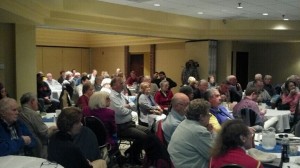 It was a pretty packed house last night for the Wicomico Maryland Society of Patriots meeting, in part because it was a joint meeting with Worcester County’s TEA Party chapter and partly because we had a strident Constitutional defender speaking. That gentleman is familiar to liberty lovers across Maryland as a leader who conceded that the Democrats and unions will be gunning for his seat next year. “They hate me,” said Carroll County Commissioner Richard Rothschild.
It was a pretty packed house last night for the Wicomico Maryland Society of Patriots meeting, in part because it was a joint meeting with Worcester County’s TEA Party chapter and partly because we had a strident Constitutional defender speaking. That gentleman is familiar to liberty lovers across Maryland as a leader who conceded that the Democrats and unions will be gunning for his seat next year. “They hate me,” said Carroll County Commissioner Richard Rothschild.


